RinggitPlus
18th April 2013 - 4 min read

A credit card can be a handy convenience, a ‘life-saver’ in times of emergencies and a great way to earn freebies through rewards points and cashback. But for a segment of society who got carried away, massive credit card debt is a very real and daunting possibility. These are just some basic rules to ensure you don’t fall into the credit card debt trap.
Taking On Too Many Credit Cards
It’s good to have options and sometimes it might be a life saver to have a second emergency credit card but unless you remain disciplined about your spending, it’s just too easy to rack up too much debt on all your numerous cards because of indulgences or to earn points on this card and rewards on that. You would also have to fork out multiple annual fees and the RM50 government service tax. The new credit card guidelines from Bank Negara were designed with this thought in mind. If you earn less than RM36,000 per annum, you are only entitled to credit cards from two issuers with a capped limit.
If you plan on getting more than one credit card, work out carefully which amongst the available credit cards give you the best savings (be it cashback or annual fee waivers) and pick two. Unless you are, very, very disciplined, forego the urge to have an arsenal of credit cards.
Overspending
It may sound like common sense but you’ll be surprised how many people don’t adhere to this mantra: ‘Don’t spend more than you earn’. Unless you’re paying for something really important, always think twice before you commit something down on plastic. And once you decide to do that, think about whether you can afford to pay it off when your next bill comes. Something dire and usually of a large amount like a hospital bill, you understandably won’t always be able to pay off in a month but otherwise avoid charging more than you can pay at the end of the month.
Being Prompt With Payments
There are some things that we simply can’t afford to pay upfront. But the thing to keep in mind about debt management is you must always strive to pay off your credit card balance and not just make the minimum payment. The most obvious reason for this is of course to avoid compounding interest but also in the long run it may affect your chances of applying for a home loan or another credit card. If you can’t afford to pay off your credit card bills in full work out a budget and timeline when you’ll be able to pay off the remaining balance and try to curb your spending in the meantime.
Read the Fine Print. Twice!
Most people hate going through the terms and conditions when they sign-up for a credit card. But not knowing what you are signing up for only leads to trouble. For instance, always read the clause on interest rates and what happens should you delay or default on payment; annual fee waivers (whether for life or first two years or with minimum swipes); how to qualify for cashback (do you have to register?) and promotions (again, do you have to register or spend a particular amount?). All of these factors will end up costing you money in some way or another if you are not careful.
If unsure, don’t hesitate to call your bank for a detailed explanation. And if you’re signing a contract make sure you’re getting a copy of it for future reference.
A credit card is a great tool to manage your money, earn rewards and obtain items and services you may not always be able to afford but if you’re not careful, it could make you broke.
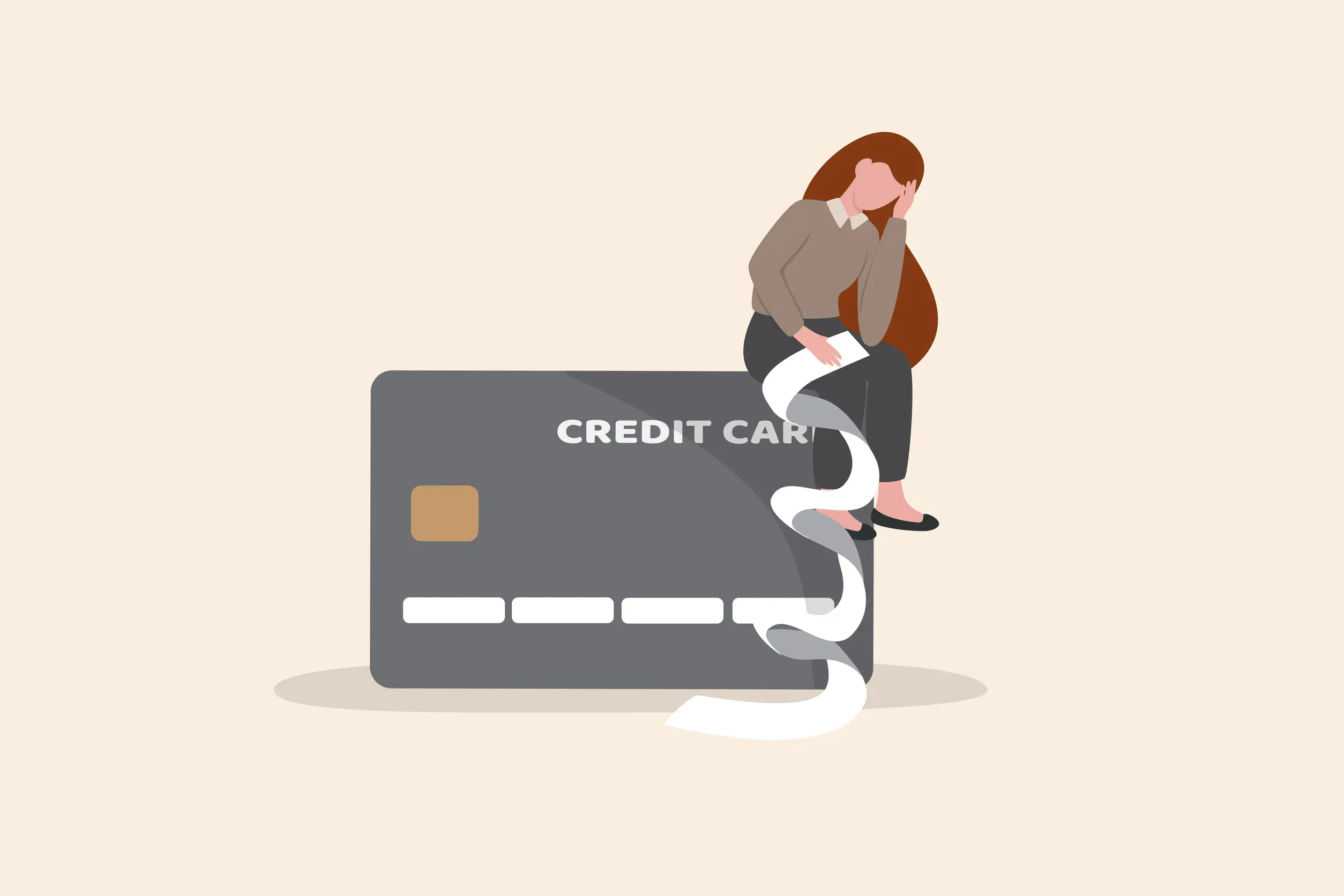
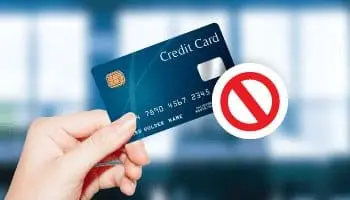

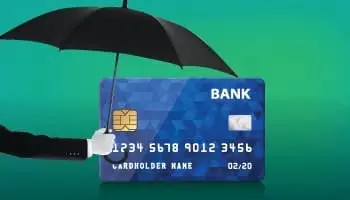
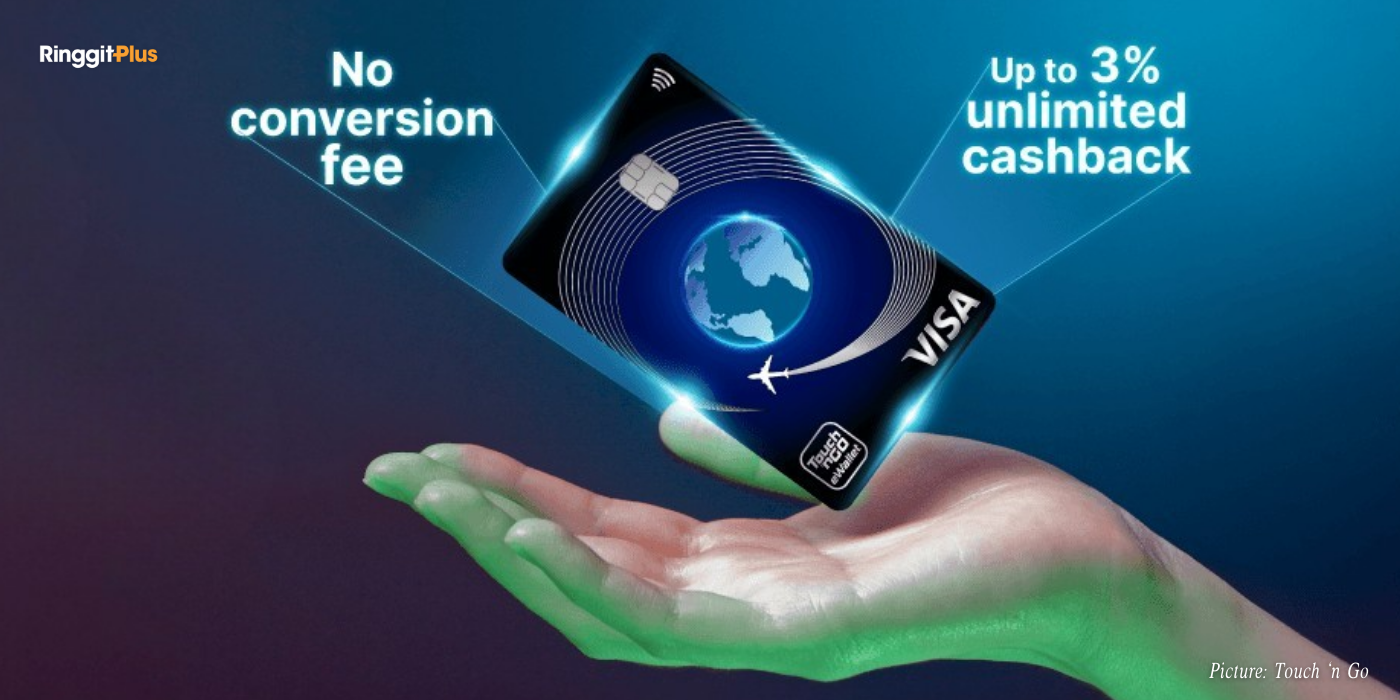


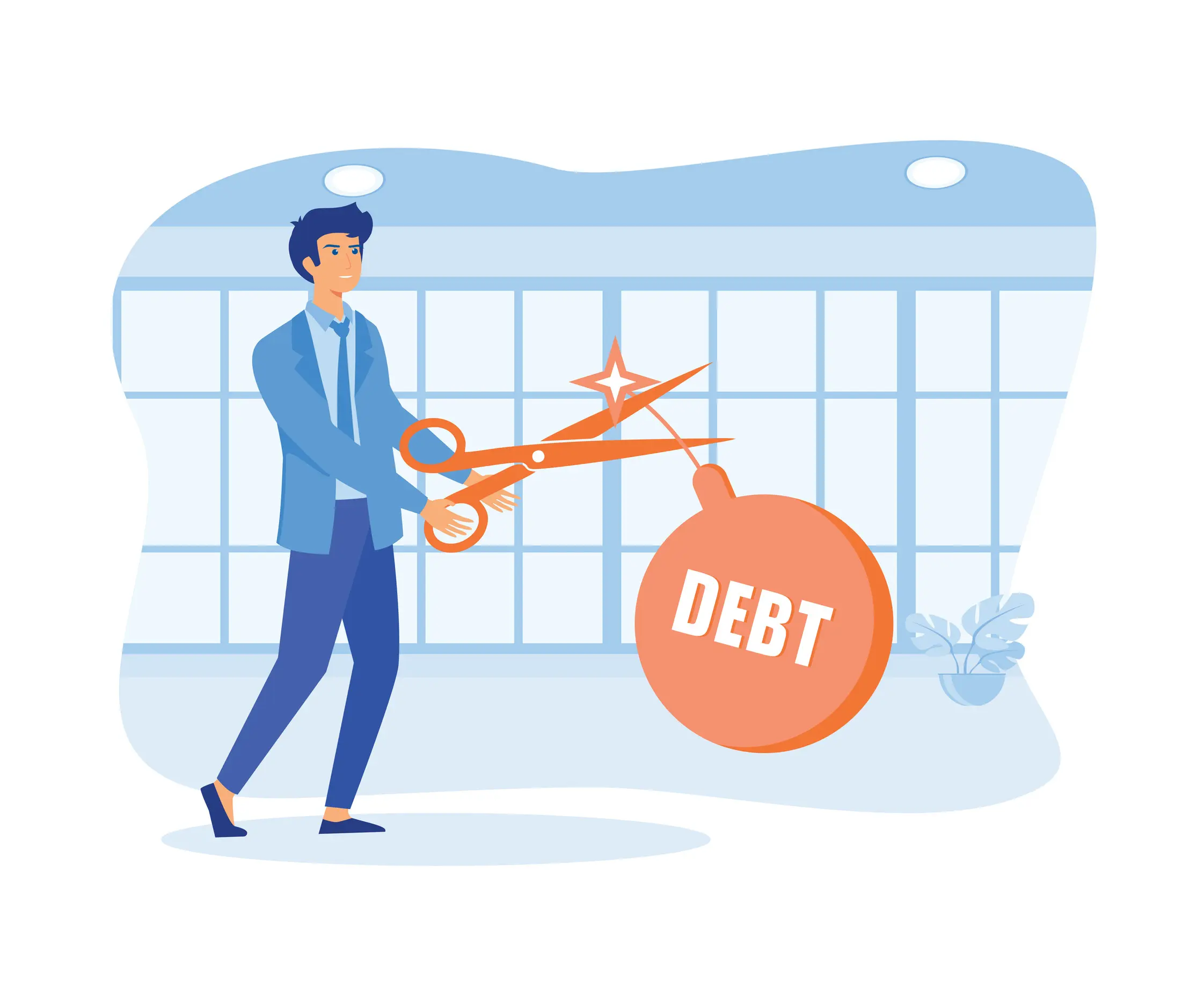

Comments (0)